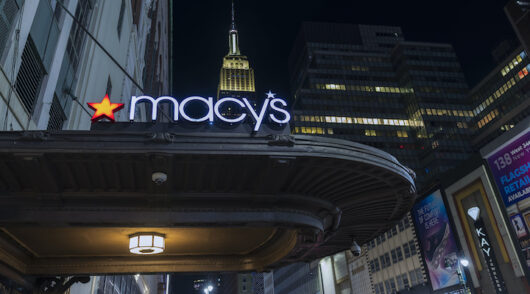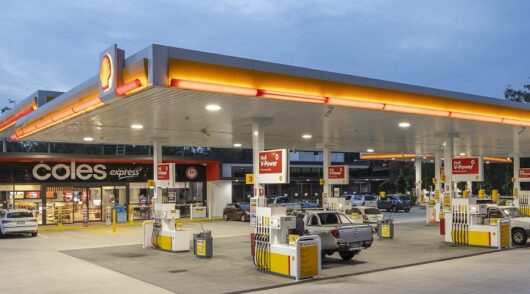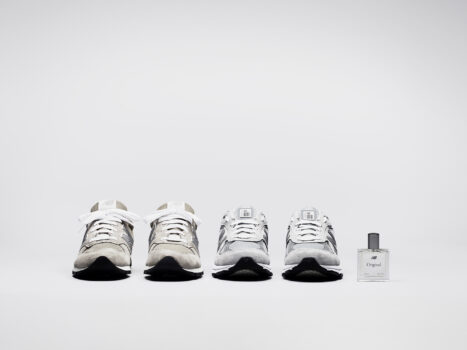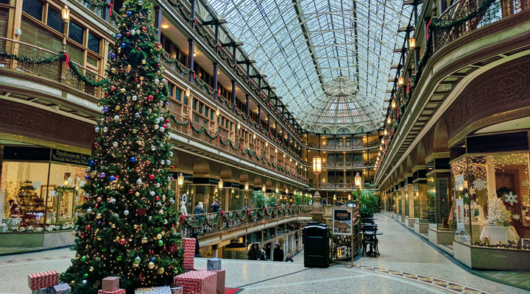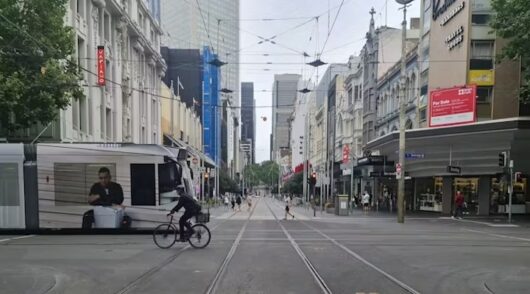 Forever 21, Victoria’s Secret, Seed Heritage, Dangerfield and General Pants are some of the fashion brands that failed to make the ethical grade on production standards while only a third of those surveyed were able to trace the majority of their input suppliers like fabric mills, Baptist World Aid’s 2016 Australian Fashion report revealed.
Forever 21, Victoria’s Secret, Seed Heritage, Dangerfield and General Pants are some of the fashion brands that failed to make the ethical grade on production standards while only a third of those surveyed were able to trace the majority of their input suppliers like fabric mills, Baptist World Aid’s 2016 Australian Fashion report revealed.
The report graded more than 300 major global and domestic fashion brands from A to F and were judged on the strength of the systems they have in place to mitigate the risk of forced labour, child labour and exploitation in their global supply chains. It also showed that while brands have improved traceability of production, many are still not paying workers a living wage.
“These grades tell us that consumers cannot be confident that these brands know who is making their clothes and conditions their clothes are being made in,” said Baptist World Aid Advocacy manager Gershon Nimbalker.
The research found that two thirds of companies were not taking any action to ensure that workers received a living wage to meet their basic needs, leaving them trapped in a cycle of poverty.
“We know that labour costs represent just a fraction of the price tag – there is some research that suggests that an additional 40 US cents more could ensure Bangladeshi garment workers are able to receive a living wage,” said Nimbalker.
Seed Heritage, Victoria’s Secret, Forever 21, Dangerfield and General Pants all scored a D or F grade. Pumpkin Patch and Oroton also scored a D. Nine companies received an F grade.
Nimbalker said Fairtrade brands Etiko and Audrey Blue pay a living wage to all workers in the final production stage, while popular brands like H&M, Kmart Australia and Pacific Brands (Bonds) have all made commendable steps in ensuring their suppliers are paid enough to live on.
“These companies show that it is possible to pay higher wages and operate profitably. Paying workers, a living wage would be relatively painless for consumers and companies, yet it would transform the lives of millions of workers around the world,” he said.
Of the 87 companies surveyed, six were given the A grade, including Zara owner Inditex, along with Adidas and Audrey Blue. Top performing fashion brands include Zara (A), Cotton On Group (B+), Country Road Group (B +) and Pacific Brands (Bonds) which scored a B+. On a positie note, the report showed there was a significant increase in companies who knew their suppliers at the final manufacturing stage, 77 per cent, up from the previous year’s 61 per cent.
Industrie and APG & Co (Saba, Sportscraft, JAG and Willow) showed significant improvement in tracing deeper, demonstrating that they had traced deeper into their supply chain, back to their fabric mills. Only a third of companies, however, were able to trace the majority of their input suppliers like fabric mills, and just five per cent had traced their raw materials, predominantly cotton farms.
Access exclusive analysis, locked news and reports with Inside Retail Weekly. Subscribe today and get our premium print publication delivered to your door every week.

